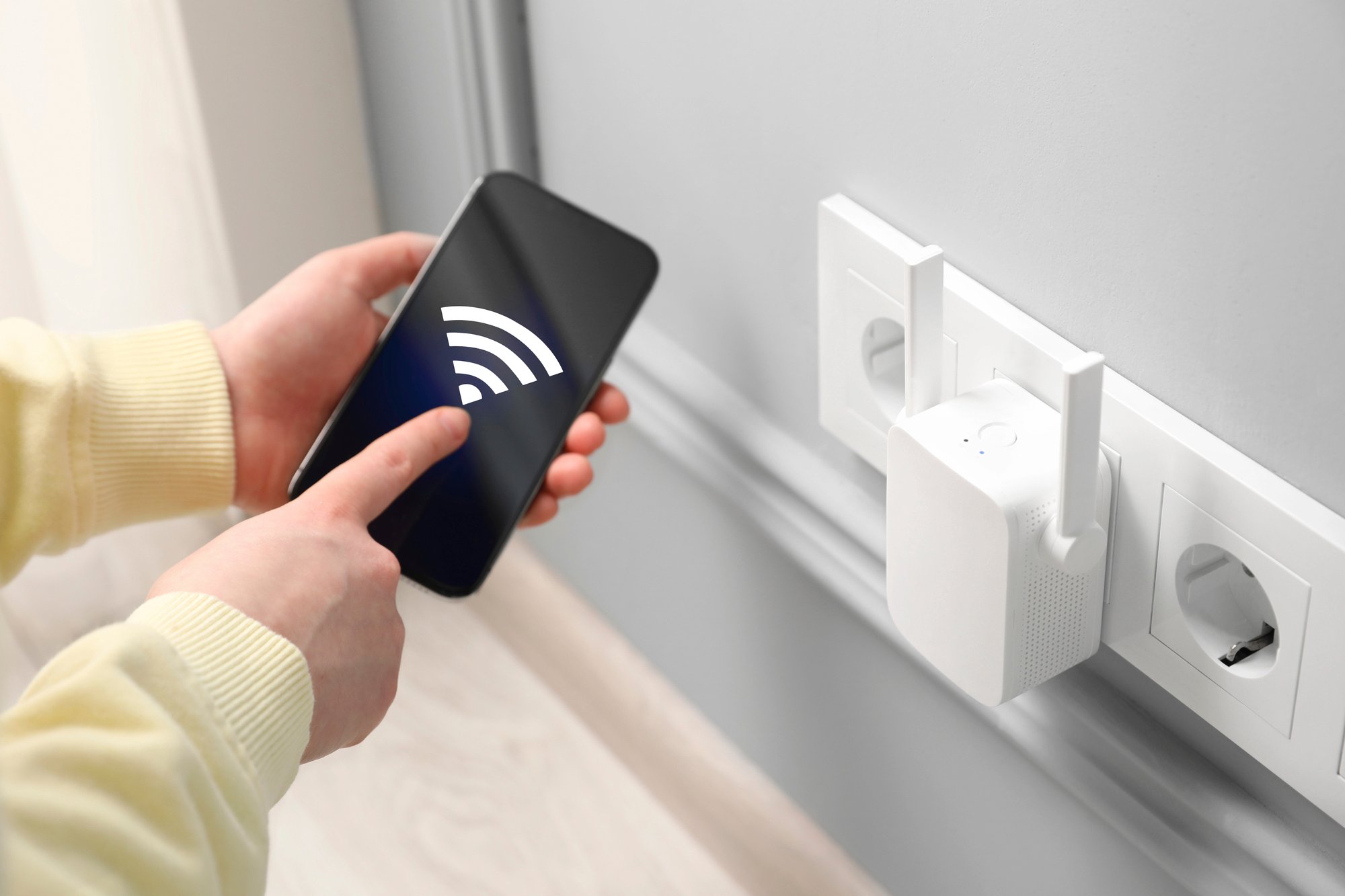Smart WiFi vs. WiFi Extenders: What’s the Difference?

If your internet slows down in certain rooms or drops altogether in the far corners of your home, you’re not alone. Dead zones are a common problem, but there’s more than one way to fix them. The two most common solutions are WiFi extenders and Smart WiFi, but they work very differently.
Here’s a simple breakdown to help you understand which option is better for your home setup and why Smart WiFi is quickly becoming the preferred solution for households that rely on stable, seamless connectivity across multiple devices.
What Is a WiFi Extender?
A WiFi extender (also known as a repeater or booster) is a separate device that picks up the signal from your existing router and rebroadcasts it to reach farther into your home. It's often used to extend coverage into a dead zone such as a garage, basement, or second floor.
According to Consumer Reports, extenders are most useful in smaller homes or temporary setups where wiring and layout don't allow for a central router placement.
Pros:
- Inexpensive and widely available
- Easy to install with minimal setup
Cons:
- Creates a second network name (SSID), requiring manual switching
- Can cut speeds in half when rebroadcasting the signal
- Doesn’t improve overall network intelligence or security
- Often less effective in homes with multiple floors or thick walls
What Is Smart WiFi?
Smart WiFi uses a mesh network system that distributes WiFi through multiple intelligent access points working together under one seamless network. These systems adapt in real time to your layout, connected devices, and usage patterns.
Unlike traditional extenders, mesh networks create a single, unified WiFi experience that eliminates the need to reconnect as you move around your home. They are ideal for modern households with dozens of connected devices and a mix of streaming, gaming, work-from-home, and smart home usage.
PCMag reports that mesh WiFi systems consistently outperform extenders in speed, coverage, and reliability tests.
Pros:
- Seamless coverage with no SSID switching
- Self-optimizing for speed and efficiency
- Includes built-in features like parental controls, intrusion alerts, and device prioritization
- Scalable: add more access points as your needs grow
Cons:
- Higher upfront cost than basic extenders (but includes more value)
- Requires mobile app for setup and ongoing management
Key Differences at a Glance
|
Feature |
WiFi Extenders |
Smart WiFi (Mesh) |
|
Setup Complexity |
Easy |
Easy to moderate |
|
Single Network Name (SSID) |
No |
Yes |
|
Signal Speed |
Often reduced |
Optimized across devices |
|
Coverage Range |
Extended in zones |
Seamless, whole-home |
|
Smart Features |
No |
Yes (Security, Parental Tools) |
|
Ongoing Optimization |
No |
Yes |
Which One Is Right for You?
If you're looking for a short-term, budget-friendly fix for a specific room, a WiFi extender might be enough. But if you want whole-home coverage, smarter security, and future-ready WiFi performance, Smart WiFi is the better investment.
At Ritter Communications, our Smart WiFi service goes beyond connectivity. It gives you the tools to manage every device on your network, protect your family from online threats, and prioritize bandwidth where it matters most.
Want to explore how Smart WiFi can upgrade your home internet experience? Visit our Internet Plans or contact our support team for personalized help.
Say goodbye to dead zones for good!


